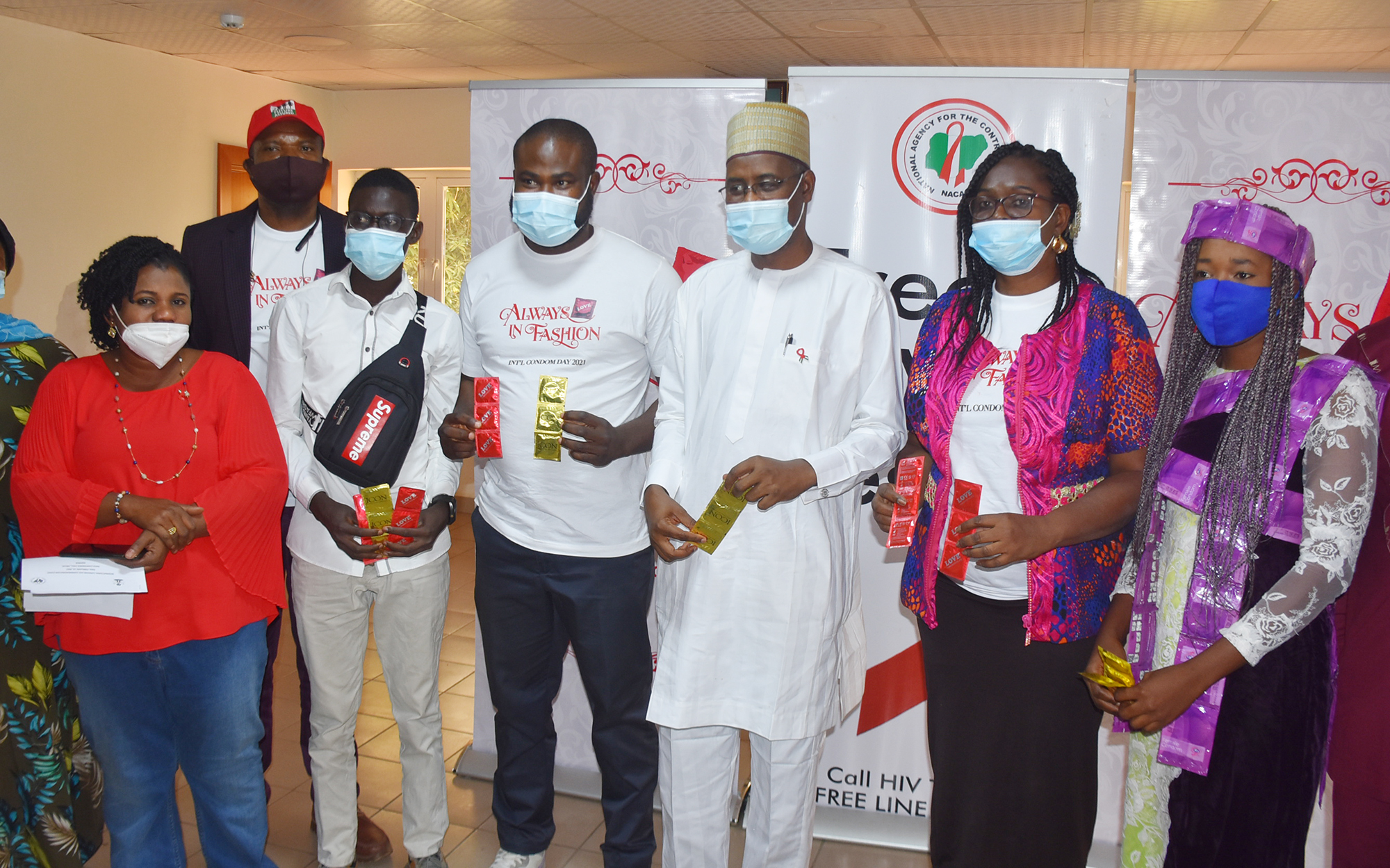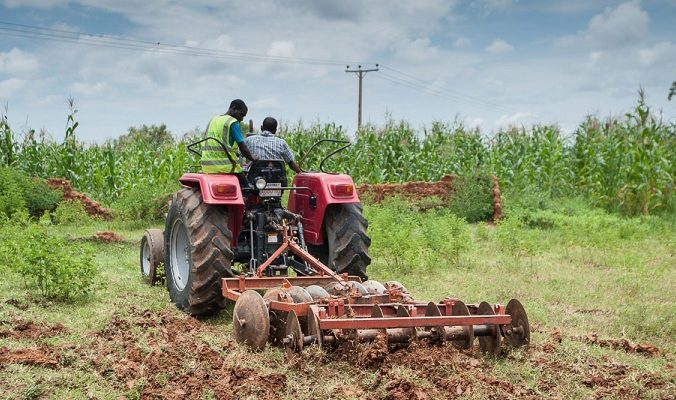Business
‘Long-Term Planning, Panacea For Economic Recovery’
The President, Time Economics, Dr Ogho Okiti, says policy makers should implement policies that would foster long-term economic growth in efforts to pull the country out of recession.
Okiti said this last Wednesday in Abuja at the 2017 Nigeria Economic Outlook Conference aimed at examining the path taken by government towards economic growth and recovery.
He said, “Coming out of recession is the easiest thing to do for any government. “Any significant increase in oil production, any significant increase in oil revenue, any significant increase in government expenditure will of course just take us out of recession.
“But that is on the short term. But I think more importantly, we need to ask long term questions.
“In 2017 what we should really ask is that it’s not about us that are over 40 is what is going to happen to my children, what is going to happen to the prosperity of my own children.
“Sustainable recovery means dealing with the long term issues of low productivity.
“We have low productivity, we have low income, low real income and no jobs.
“Everything boils down to what we produce, how we produce it, at what price, at what quality?
“All the problems that we see whether in the public service or private sector, the desperation that you see they are all problems of low productivity,’’ he said
Okiti said also that at present, government policies were being implemented in half measures which in the long run would not lead to economic growth.
He cited the case of the fuel subsidy removal, which he says should be jerked up to N175 per liter to completely eliminate subsidy.
“From January until May, in my opinion the economy was virtually grounded.
“So government’s response, government decided to stop subsidy payment and allow fuel importers to charge up to N145 per liter.
“The decision was based on the exchange rate of N285 to a dollar and the second one is that, it was based on an oil price that was lower than 50 dollars per barrel.
“So when you look at those two caveats, you ask yourself is the problem actually solved. The answer is no, the problem has not been solved.
“If you remove subsidy, then you remove the structures of subsidy.
“Naira has not devalued below N285 so one caveat is already off the table. Crude oil price has also increased beyond 50 dollars. So, the two bases for that N145 has already collapsed.
“So, it is either we increase from N145 to N175 or we bite the bullet and just allow everybody sell fuel at the pump at whatever price they like. “You cannot remove subsidy without dismantling the two important structures of subsidy in Nigeria. “And those important structures are the Petroleum Equalisation Fund and the PPPRA. “Those are the structures set up for subsidy. They were not set up for any other reason.’’
Also, the Economic Councellor, U.S. Embassy, Mr Alan Tousignant said that foreign investors were looking forward to the content of the much anticipated economic recovery plan of the government.
“ The number one thing of course is productivity.
“So when I look at what to expect for this year, we will be looking at what that economic growth and recovery plan has on capital expenditure.
“For example in the power sector, in roads, in railways or across the board in infrastructure.
“And I think those are all productive investment because they will help empower the private sector, whether it is individual farmers or big farms or manufacturers or service providers.
“If they have better infrastructure, access to electricity to get their goods and services across the country, I think that will help improve productivity.
Business
Prioritise Agro-Processing, Ex-FIIRO Boss Charges Women Farmers

Business
ActionAid Urges Media Support For Inclusive Food Systems

Business
AGRA, Nestlé, TechnoServe Unveil $1m Climate-Smart Agric Project

-
Rivers2 days ago
UI Alumni Holds Posthumous Birthday For Elechi Amadi
-

 News2 days ago
News2 days agoFRSC Recalls Patrol Team Over Bribery Allegations
-
Business2 days ago
NDIC Seeks Stakeholders’ Feedback On Insurance Standards
-
Politics2 days ago
I Want To See Nigeria Work, Bakare Says After Meeting Tinubu In Lagos
-
Sports2 days ago
Nigeria Set To Hold Olympic Day June 28
-
Rivers2 days ago
NDDC Expands Postgraduate Scholarship Scheme To Nigerian Universities
-
Nation2 days ago
RSU, Glo Partners To Improve Digital Learning, Efficient Network Services
-
Business2 days ago
Nigeria Seeks $25b For Nigeria, Morocco Gas Pipeline

